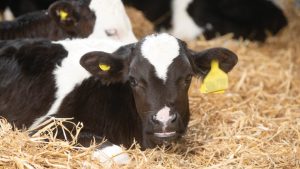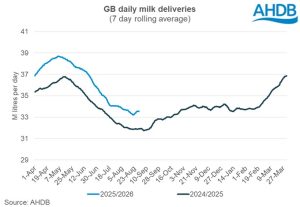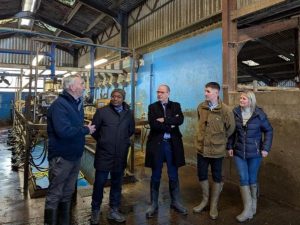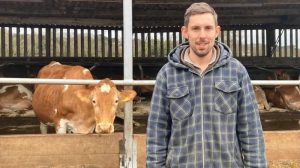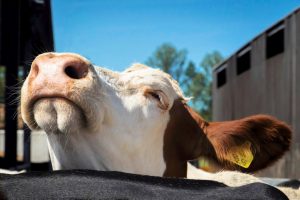
Farmers’ advice will contribute to a wider feasibility study on slurry management at Harper Adams University. The project is one of a series of studies funded by Innovate UK, the UK’s innovation agency, in partnership with DEFRA, directed at transforming farm-based food production in the UK.
The Harper Adams project, in collaboration industry partners Elentec Ltd, the technology providers, and Merigan Ltd who are leading the farmer engagement element of this project, will test the ability of a novel technology to remove and recover phosphorus from cattle slurry at pilot-plant scale. The technology works via filtration and electrocoagulation, a treatment technology that adds an electrical charge to water as a way of removing suspended solids.
The filtration and electrocoagulation technology could be provided as a service-based offering or as a permanent on-farm installation. The technology can be visualised as an additional process that can valorise farm slurry to recover fertiliser nutrients and reduce the costs and complexity associated with slurry management.
Mike Theodorou, Project Manager for the consortium at Merigan Ltd and Emeritus Professor at Harper Adams University, said: “The treatment results in a carbon-rich solids fraction for soil bioremediation and a phosphorous-rich concentrated sludge for spreading according to your crop needs. Water is removed during the process, increasing your slurry storage capacity as an additional bonus.”
Advice from dairy farmers is needed to help gather information about current slurry management procedures on dairy farms and help develop the most suitable business model or models to roll-out the technology. The research team need to understand your farming situation and how the technology could be integrated into your slurry management process.
The information will allow the team to tailor business models that fit with the day-to-day concerns of farmers and that help compliance with current and future regulations around slurry management.
Volunteers should be available for a virtual 30-45 minute interview – this will take place before the end of May this year.




